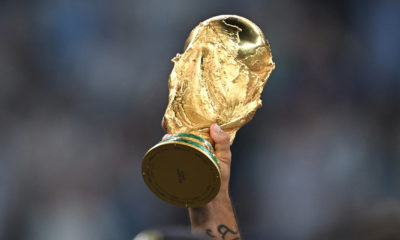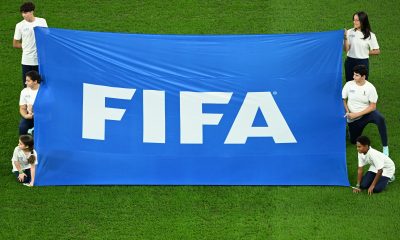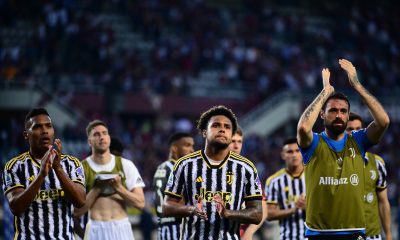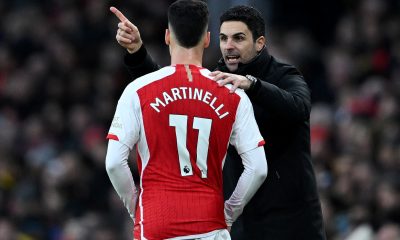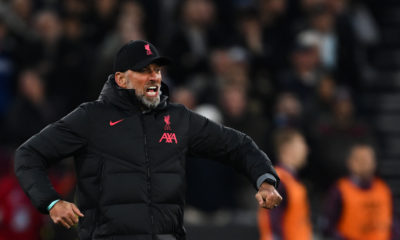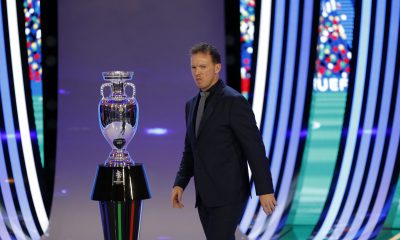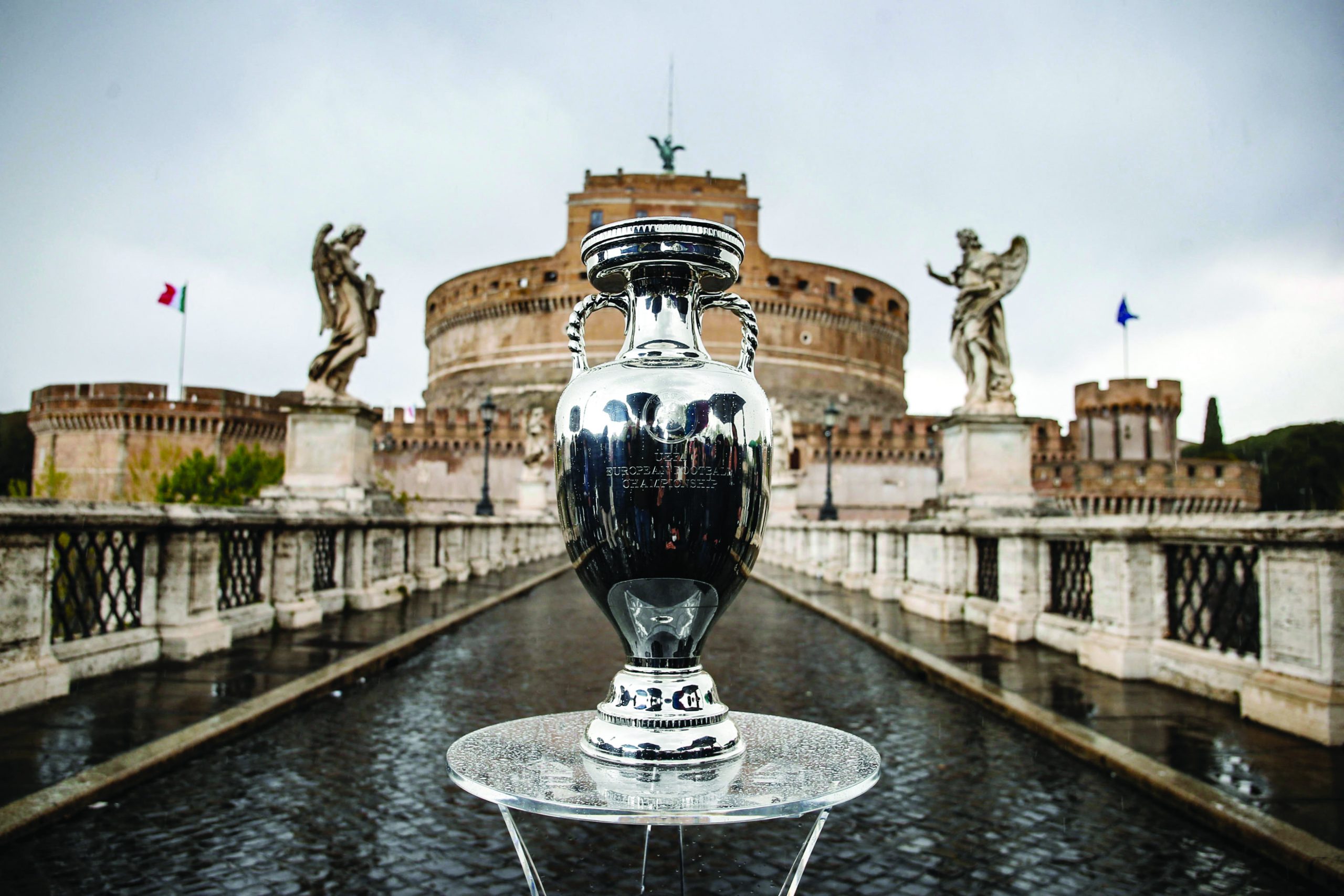
Occasionally one hears that national teams are no longer keeping with the times.
In fact, the concept of a nation is historically burdened in Europe. But if it is handled responsibly, it can create identification without causing harm. And a continental competition, a European Championship, can strengthen the European idea through the spirit of football.
The history of the Euros shows that sport in the broadest sense can have a unifying effect on nations. East and West got to know each other better.
The first tournament in 1960, at the time of the Cold War, was won by the Soviet Union. Lev Yashin, the “Black Panther” from Moscow, is still a household name for football fans today. The prototype of the playmaking keeper, Yashin was the only goalkeeper to be awarded the honour of Europe’s Footballer of the Year.
In 1976, Czechoslovakia became European champions on the night in Belgrade.
During the tournament, the team defeated England, Portugal and the two World Cup finalists Germany and Holland.
Antonín Panenka became famous when he outwitted Sepp Maier with a lob during the penalty shoot-out. Since then, chipped penalties have been named after their inventor from Prague.
The 1996 European Championship in England, when UEFA’s membership grew after the fall of the Iron Curtain, saw confident teams from the new nations of Croatia and the Czech Republic. In the mid-2000s, UEFA followed the EU’s eastward expansion and awarded the Euro 2012 to Poland and Ukraine.
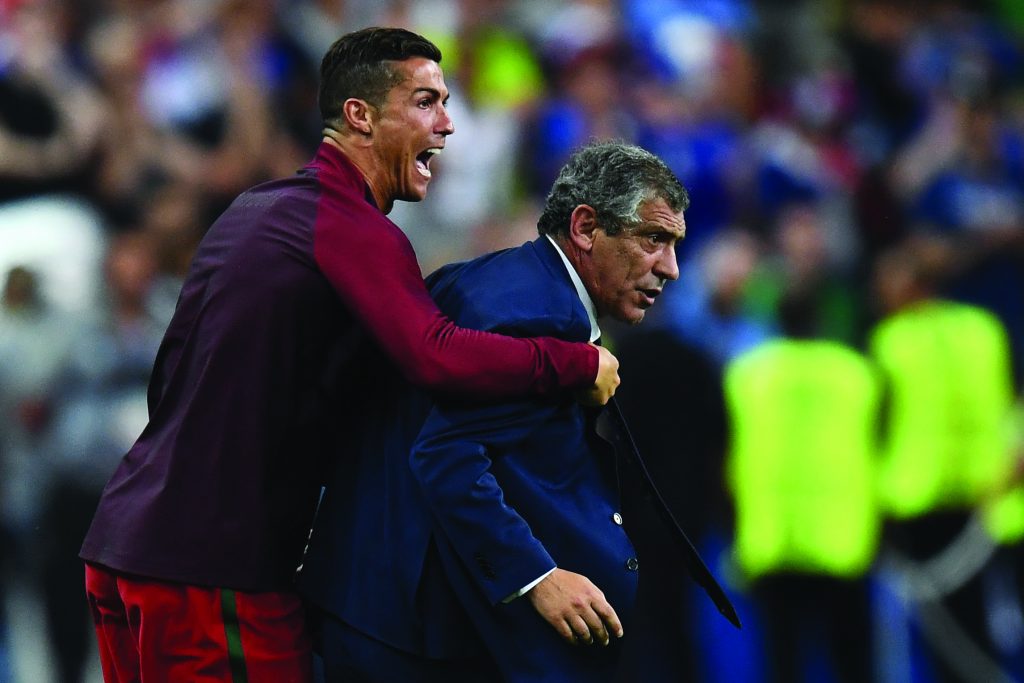
This time, the tournament will be played for the first time in 11 countries, including places where history was made.
Glasgow, a birthplace of football in the 19th century, is the only city in the world with three football stadiums that can hold at least 50,000 people.
Hampden Park is the oldest in the world. Budapest, with Vienna, was the home of playful Danube football. The arena there is named after Ferenc Puskás, whom the French sports newspaper L’Équipe named Europe’s footballer of the century.
Paradoxically, the special charm of a Euro or a World Cup comes from the fact that the tactical level is lower than in club football.
Quite simply because national coaches work less often with the players and can exert less influence. This is also the case in basketball or handball.
In addition, it is not possible to invest in squads, which is why they are heterogeneous, and some positions are not filled with specialists.
For example, we Germans became world champions in 2014 with Benedikt Höwedes at left-back, although he is a centre-back and also a right-footer. You have to improvise with what the country has to offer.
This makes the competition more diverse.
Fifteen European Championships have seen ten different winners. Because the mode does not provide for a second leg, the smaller teams have a better chance.
In a tournament, virtues are more important, for example team spirit, discipline, passion.
If a team finds itself in these few weeks, it can go far.
In 1988 in Germany, the winner was Holland. The enthusiasm with which our small neighbouring country, which had suffered under German occupation in the Second World War, celebrated understandably took on a historical-political hue.
In 1992, Danish Dynamite, the good-humoured holiday troop from Denmark, won. An even bigger sensation was the triumph of Greece, who played tricks on the favourites in 2004 under Otto Rehhagel, nicknamed “Rehakles”.
In 2016, Portugal held up the trophy, which has produced many good footballers and coaches but rarely wins titles because of its population. They all performed as a unit.
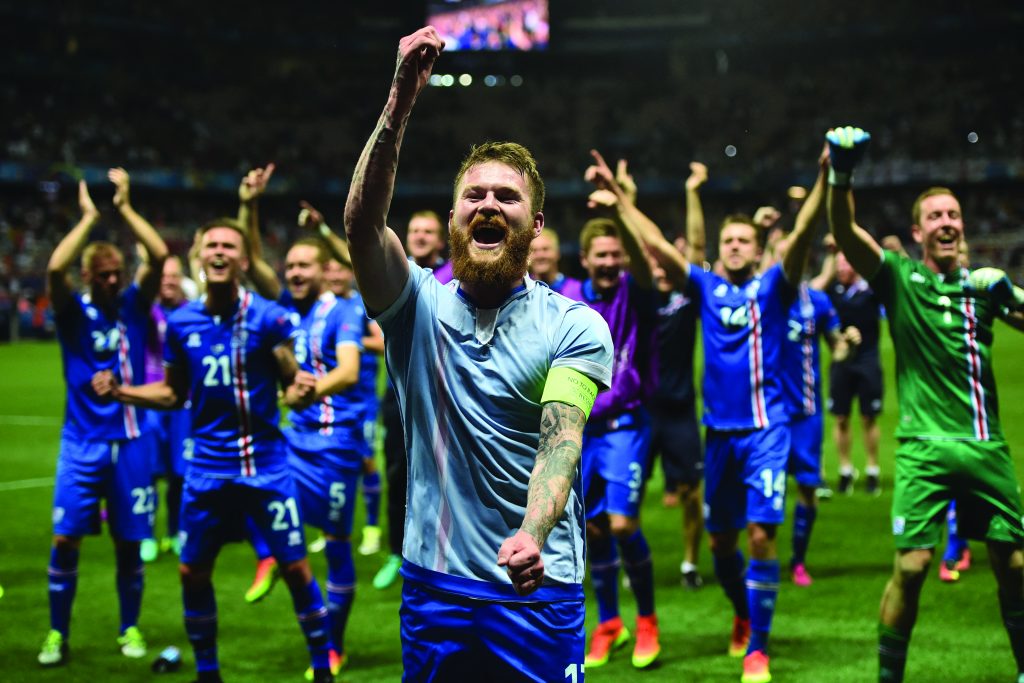
At the Euro 2016 in France, a small island of just 350,000 people inspired the crowd. The Icelandic team ignited a group dynamic and a spirit that was contagious.
The Icelandic fans dressed as Vikings and trolls in turn supported it with “Huh!” battle cries, to which tens of thousands clapped their hands with arms raised.
Together with their community, the Icelandic players were able to extinguish volcanoes. This was sport in the original sense. Most Icelandic people will remember this summer for a long time.
Iceland also conquered the hearts of others and some thought: I’ll take a look at that country, at least on the internet.
Croatia reached the final of the 2018 World Cup. It is a state that was reborn as an independent nation only a few decades ago, and many of its citizens live abroad. The performances of the national team provide an insight into how Croatia wants to be represented as a nation.
A national tournament with an international audience is the ideal stage for this. This also applies to the Eurovision Song Contest, a music competition where, along the way, it is negotiated who belongs to Europe.
The European Championship experience is reminiscent of Asterix books that play on stereotypes about the British, the Swiss and the Goths.
Sometimes the sense of togetherness becomes too strong, and then it turns into prejudice against others. Yet it is the diversity of people who are enthusiastic about football that makes a Euro so special.
And the beauty of football is that no one has to give up what they have become through growing up and their environment. Being different is recognised, also because the same rules apply to everyone.
National teams even promote the expression of cultural achievements.
Thus, one sees time and again how teams play in the style typical of their country.
The Spanish and Italians are most strongly influenced by their football culture and league. England, as usual, has many exciting talents. But because the stars of the Premier League come from elsewhere, the Three Lions often lack key players.
The appeal of such a tournament also lies in watching the top stars from the big clubs interpret their role in their country’s selection.
Michel Platini, Europe’s best footballer of his time, led France to the title in his homeland in 1984. The Juventus star excelled in this tournament much as Diego Maradona did in the 1986 World Cup.
Platini, sporting the Gallic rooster on his chest, scored nine goals in five games – as a midfielder. German TV viewers voted his diving header against Yugoslavia as goal of the month.
In 2016, Real Madrid’s Gareth Bale led Wales to the semi-finals. Icon Cristiano Ronaldo also contributed his world career to his country. Portugal ended up winning without Ronaldo, who was out injured in the final.
Afterwards, he cheered on the team from the coaching zone. You could watch him realise that he benefits from the strength of his team-mates. This title made him complete as a footballer.
This time, pay special attention to Kevin de Bruyne from Manchester City. Belgium has other strong footballers, Eden Hazard, Romelu Lukaku or Thibaut Courtois.
As a football fan, you would like to see this team win. You can also be curious about Karim Benzema, the 33-year-old world-class striker. The French were world champions in 2018 and European runners-up in 2016 without him.
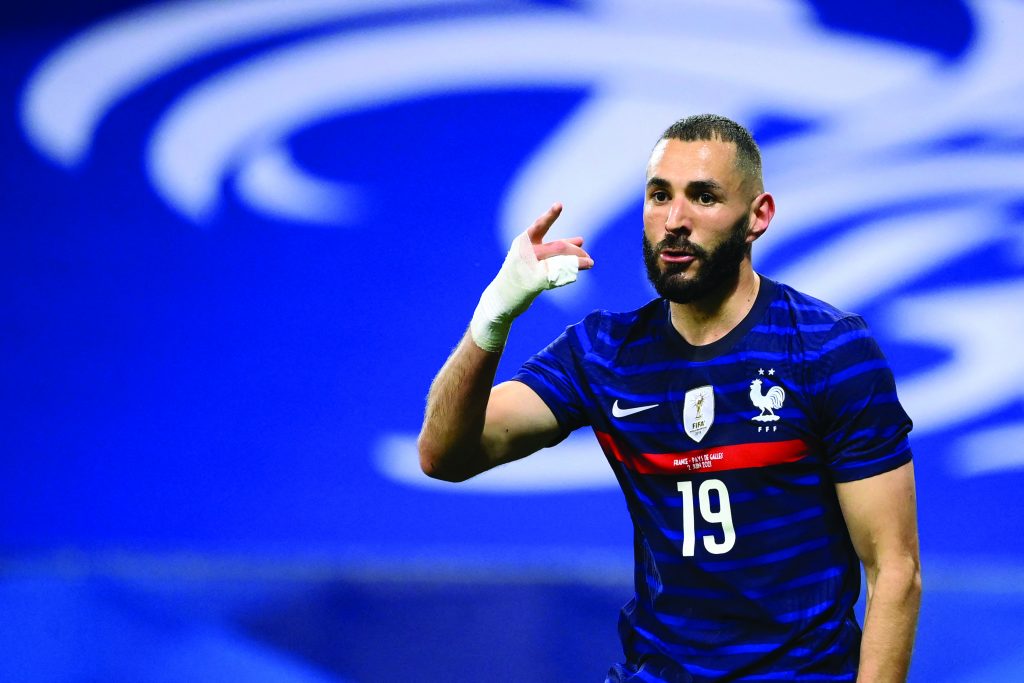
If Didier Deschamps wants to reach a major final for the third time in a row, like Spain from 2008 to 2012 and Germany from 1972 to 1976, the French coach will have to integrate the head of character from Madrid.
France is once again one of the favourites, like the other traditional football nations Italy and Spain. Or Germany, where Joachim Loew wanted to initiate a change two years ago. In the meantime, he has brought back the two world champions Thomas Müller and Mats Hummels, who had been discarded. Now the question is how this will affect the hierarchy.
After the early exit from the 2018 World Cup, it will be important for Loew to make it clear to all players that it is a special responsibility to play for one’s country.
I have heard my anthem 113 times on the pitch, and it was always moving. Money and contracts are less important in the national team than in everyday club life.
It’s more about values like cooperation, friendship, home – all the things that are attributed to team sports. You make history at a Euro or World Cup.
Like the football market, the number of participants has grown – from eight (1960), to 16 (1996), to 24 (2016).
This year, the Finns are participating for the first time. Given their football culture and demographics, they are not the favourites. They will accept this role. Being underdogs can be seen as a challenge.
The North Macedonians, who won 2-1 in Germany in March, will also make their debut. The young republic has changed its name for political reasons.
The country wants to join NATO and the EU, which has so far been denied to them. A Euro participation will strengthen its self-esteem. They want to show who they are and who they want to be. Not a bad motivation for a strong tournament.
COVID-19 is not a participant, but a world power that will continue to show us what matters among nations in the coming weeks: solidarity and fairness.
Of course, the virus will affect this pan-European tournament. It already has, since Dublin and Bilbao were unfortunately eliminated as venues.
Managing the pandemic and keeping everyone safe remains a task for Europe and the world.
Nevertheless, we can succeed in celebrating this Euro as a free, peaceful competition of nations.
Note: 2014 Germany World Cup-winning captain Philipp Lahm spoke to Oliver Fritsch, Zeit Online.

World Cup News
-
FIFA World Cup
/ 4 weeks agoSon scores but Thailand hold South Korea in World Cup qualifier
Son Heung-min scored but South Korea were held 1-1 at home by Thailand in...
By AFP -
FIFA World Cup
/ 1 month agoJapan-N. Korea World Cup game to stay in Pyongyang, JFA says
Japan’s World Cup qualifier against North Korea will be played in Pyongyang as planned...
By AFP -
FIFA World Cup
/ 2 months agoGerman ex-FA bosses on trial over World Cup tax evasion
Three German ex-top football officials went on trial on Monday in a 13.7-million-euro ($14.8...
By AFP -
FIFA World Cup
/ 2 months agoSaudi Arabia formally launches bid for 2034 World Cup
Saudi Arabia formally launched its bid to host the 2034 World Cup on Friday,...
By AFP

English Premier League
Arteta calls on Arsenal to prove their worth after double blow

English Premier League
Watch: Ten Hag reveals Garnacho apology after forward supported critical tweets

English Premier League
Watch: Klopp tells Liverpool to push for title despite damaging spell

Winter Olympics
Watch: Geisenberger wins sixth Olympic medal to tie luge record





